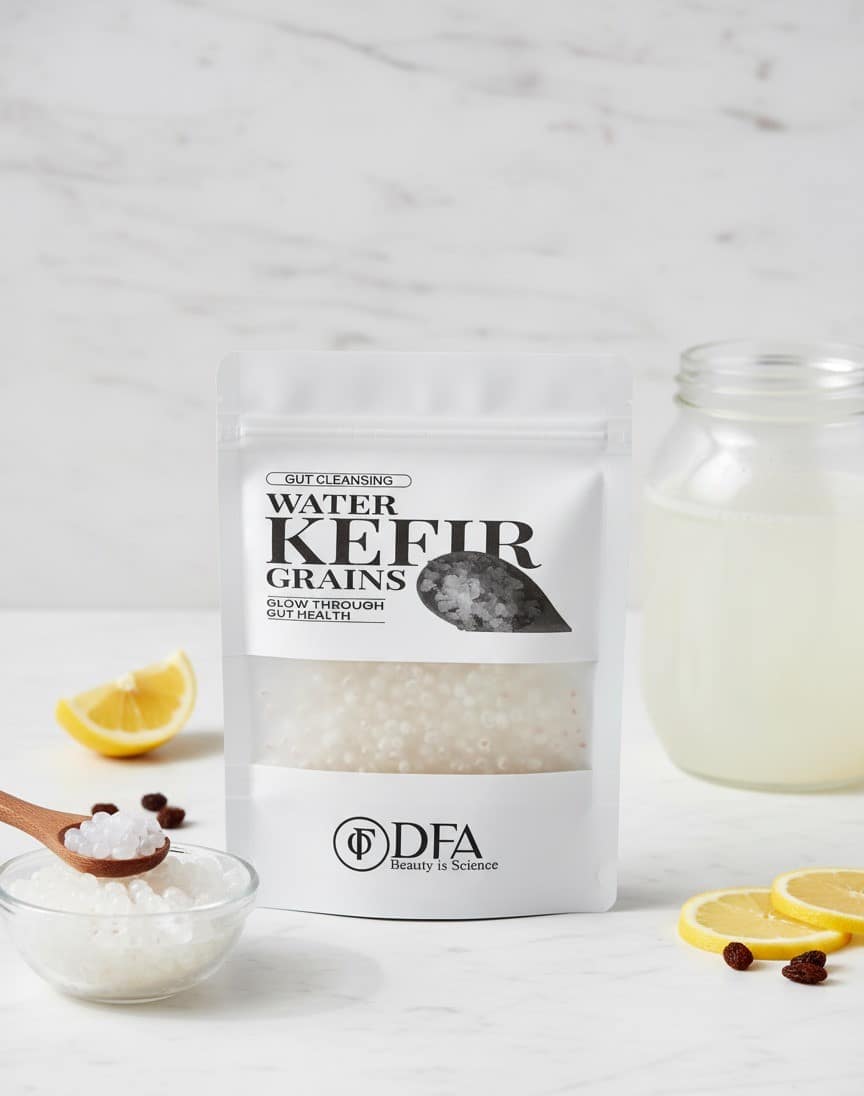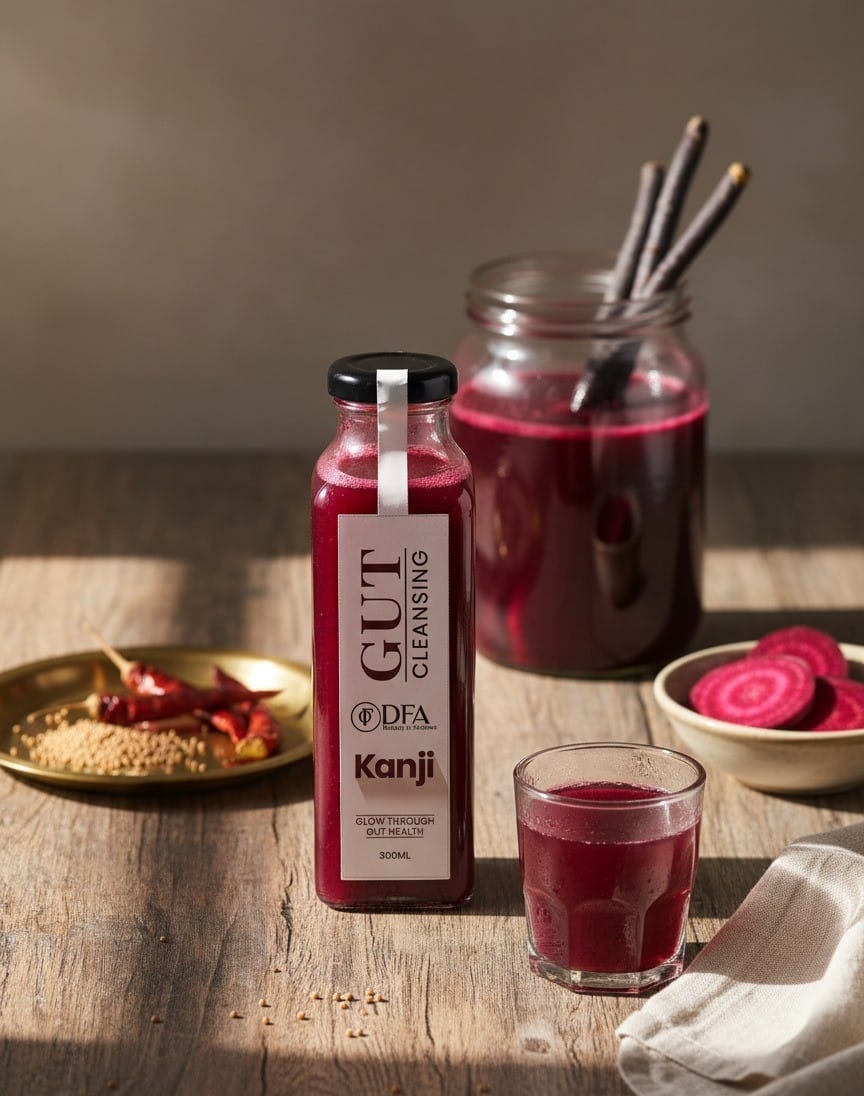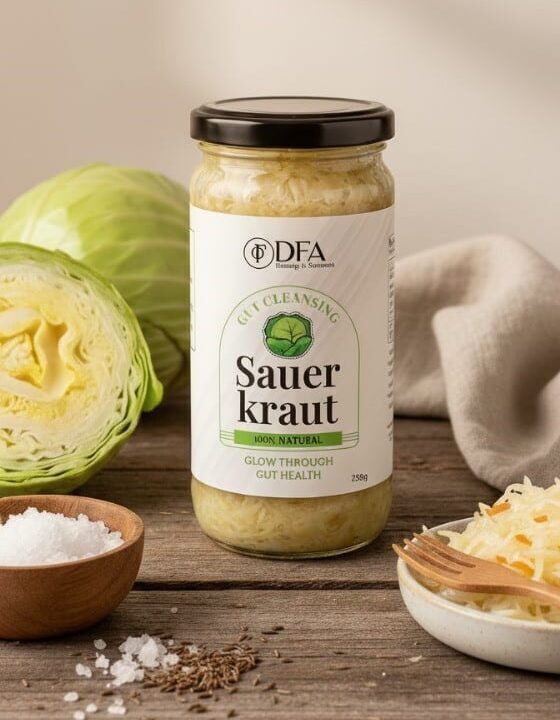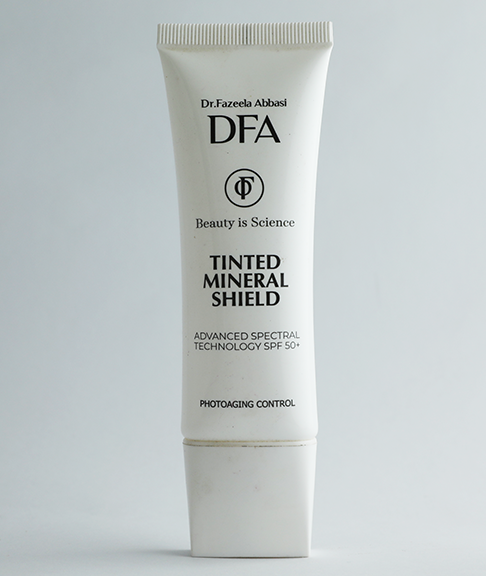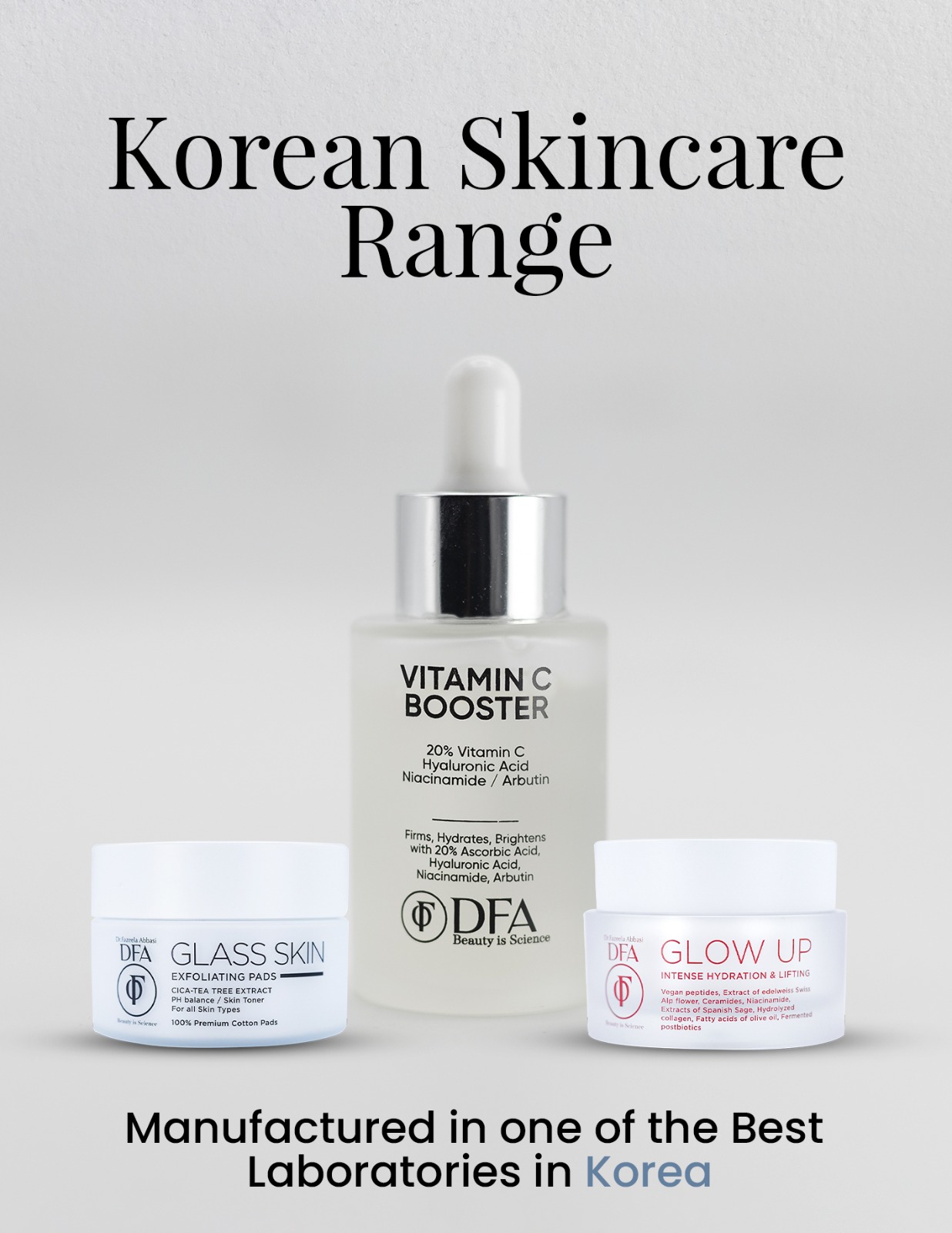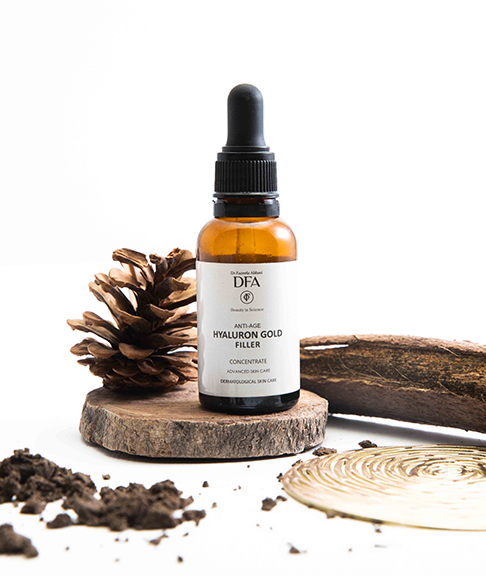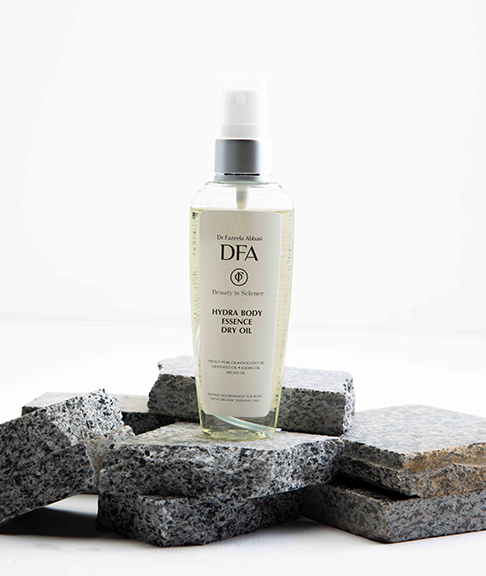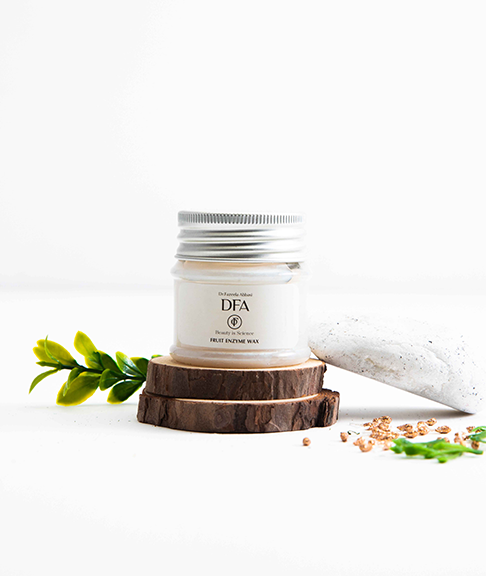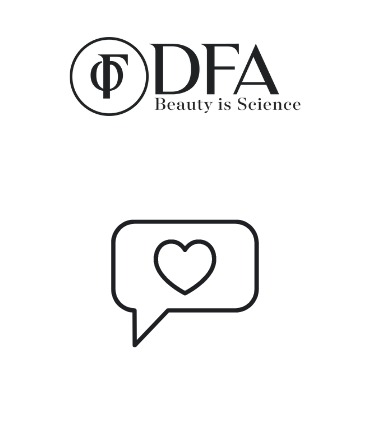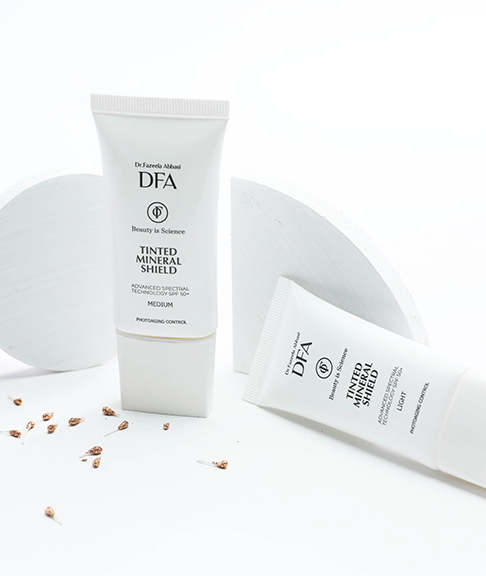Prickly Pear Oil
Inside the delicious fruits of the prickly pear are seeds that contain oil carrying different types of fatty acids, phenols, nutrients such as vitamin E, phytosterols, and antioxidants. It is suitable for all skin types, including acne-prone and dry skin. Prickly pear oil is not an essential oil. Instead, it’s commonly used as a carrier oil to dilute more potent essential oils, or simply on its own to boost skin health.
What is prickly pear?
Prickly pear cacti, also called nopal and opuntia, grow across parts of the Americas, Australia, the Middle East, the Mediterranean, and the Caribbean islands. While people have eaten the sweet pink fruits of this cactus for hundreds of years, prickly pears have only recently been touted as a superfood. Health benefits of eating prickly pear include reduced inflammation and reduced blood sugar in people with type 2 diabetes.
What are benefits of using prickly pear oil?
Antioxidant and antibacterial properties:
Antioxidants are well known to prevent skin damage from sunlight, aging, and other stressors. Antibacterial substances are known to cleanse skin and stop acne breakouts. Sources have shown that prickly pear oil contains high levels of antioxidants and has antibacterial properties. This suggests it could be used to prevent skin damage and future breakouts.
An effective carrier oil:
In another study, scientists combined prickly pear oil with vitamin A and applied the mixture to human and rat skin samples. They found that the fat content of prickly pear oil was highly effective at delivering vitamin A into the skin samples. Vitamin A has well-studied skin benefits, but when used alone, it often causes skin irritation. The research concluded that prickly pear oil is a suitable and safe carrier for delivering other nutrients that can’t be directly applied to the skin, including vitamin A.
Skin hydration:
Research on the chemical properties of prickly pear oil also reveals that it contains a high content of linoleic acid. Linoleic acid helps the skin retain water, keeping it hydrated.More research needs to be done to prove the hydrating effects of prickly pear oil. However, anecdotal evidence suggests that it’s highly effective at hydrating the skin by boosting the skin’s water-retaining properties.
Anti-Inflammatory Agent:
Betalains and phenolic compounds have strong anti-inflammatory properties with a massive healing effect on inflammatory skin conditions like eczema, psoriasis, rosacea & acne. It fights the free radicals at the cellular level delaying the aging process.
Skin Brightener:
It is enriched with omega 3 & 6 fatty acids, Vit E, and linoleic acid. These compounds eliminate dullness, brighten the skin tone & help with the shrinkage of open pores.
Reduce Dark Circles & Melasma:
Its skin-nourishing fatty acids, vitamin K and antioxidant compounds help fight dark circles and pigmentation issues.
Intense Hydration:
Linoleic and palmitic fatty acids help with the skin barrier function, strengthening the dull, dry skin to a smooth, hydrated, plumped-up skin.
Are there any reasons not to use prickly pear oil?
Prickly pear oil is generally safe for healthy people of all skin types and ages to use. If you have a known allergy to prickly pears or other fruits, you should avoid using this product.
If you have sensitive skin, do a patch test by applying a small amount of prickly pear oil to your wrist, then wait 24 hours. If you have a bad reaction within this time frame, don’t use this oil.



